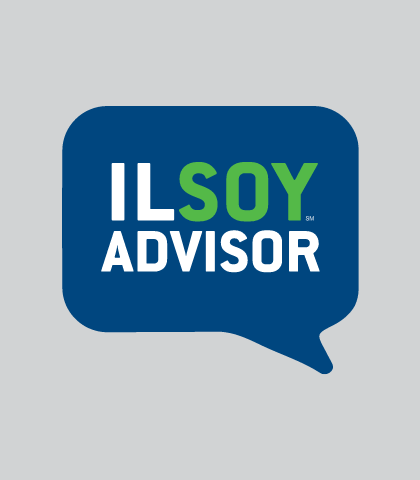As a part-time farmer I am an advocate of gypsum because I have seen it change the nature of soil. As an agronomist, however, it is sometimes hard to believe all the claims that are made for it. While I don’t know if all the claims are true, I do know that gypsum does have a benefit to soil structure, but it takes time to fully realize that benefit.
Gypsum has long been known as a soil amendment and farmers are increasingly adopting it to improve soil as well as supply sulfur. Calcium helps flocculate together soil particles and peds (aggregate of particles) into large soil aggregates. However, it takes humic substances, which come from organic matter decay, to glue these particles together. Gypsum, in combination with other good soil health, makes soil mellower and improves soil tilth.
Improves Structure. Gypsum, and particularly its calcium component, improves soil structure. Soluble calcium enhances soil aggregation and porosity to improve aeration and water infiltration. Soils that have too much sodium or too much magnesium relative to calcium can deflocculate or cause soil particles to disperse. When these particles disperse that can settle and seal the soil. Addition of soluble calcium helps overcome the dispersion effects of magnesium or sodium ions.
Flocculation and aggregation improve soil structure which creates a better environment for root growth and air and water movement. Any time clay particles disperse soil structure can collapse, decreasing porosity and causing a surface crust. Historically, gypsum has been used to improve particle aggregation.
Improves water infiltration. Once you improve structure, you improve porosity, infiltration and aeration. A better structure means the soil will drain better, and will be less likely to become water-logged either from dense soil layers or a combination of high sodium, swelling clay and excess water. It will also reduce the tendency of clay particles on the surface to coalesce, cement together and seal the surface.
Better infiltration and porosity means the soil is able to capture and store more water. Gypsum creates and supports good soil structure which means more water for the crop and better aeration for the roots.
And the more water the soil can take in and hold, the less likely that water will run off carrying away soil particles, nitrogen and phosphorus that end up in surface waters. Gypsum can also be considered a Best Management Practice to reduce soluble phosphorus losses.
Counters the Impact of Acid Soils. While applications of lime increase an acid pH, applications of gypsum do not lower soil pH. However, it can improve acid subsoils by remediating aluminum toxicity. While lime can remediate the surface soil, it isn’t soluble enough to move into the subsoil. When subsoil pH drops to 5.5 or lower, aluminum becomes more soluble and its ion is toxic to new root growth. Gypsum will dissolve and leach down in the subsoil where its calcium will displace aluminum, which then leaches deeper into the soil, resulting in improved root growth.
While gypsum is very soluble, dissolves quickly in the soil and leaches down into the profile, routine rates of gypsum of 250 to 400 lbs. per year, or a ton every 3 to 4 years, do not immediately improve soil structure. However, over the course of 5 years you will notice a change and by 10 years after applying a couple of tons, you will notice a dramatic change. Measuring tilth isn’t clear-cut and requires personal observation of change over time. So, take a spade, dig down 8 inches and see if the soil becomes more crumbly. Over time you will see a change.
Get Involved: Let us know if you have tried gypsum as an amendment. If so, have you noticed if soil became mellower and more crumbly over time?
Agronomist Dr. Daniel Davidson posts blogs on agronomy-related topics. Feel free to contact him at djdavidson@agwrite.com.




 and then
and then